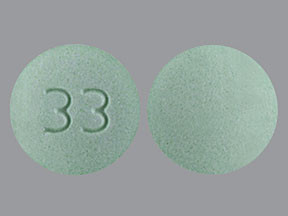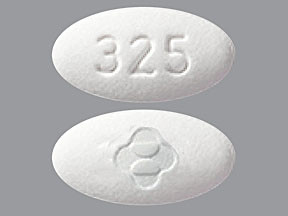SUVOREXANT - ORAL
PHONETIC PRONUNCIATION: (SOO-voe-REX-ant)
COMMON BRAND NAME(S): Belsomra
GENERIC NAME(S): suvorexant
Uses
USES: This medication is used to treat a certain sleep problem (insomnia). It may help you fall asleep and stay asleep longer, so you can get a better night's rest. Suvorexant belongs to a class of drugs known as sedative-hypnotics. If your insomnia continues for longer than 7 to 10 days after starting treatment, talk to your doctor to see if you need other treatment.
How to use SUVOREXANT - ORAL
HOW TO USE: Read the Medication Guide provided by your pharmacist before you start taking suvorexant and each time you get a refill. If you have any questions, ask your doctor or pharmacist. Take suvorexant by mouth as directed by your doctor, usually 30 minutes before you get into bed. This medication can be taken with or without food, but it may take longer to work if you take it with or right after a meal. The dosage is based on your medical condition, response to treatment, and other medications you may be taking. Be sure to tell your doctor and pharmacist about all the products you use (including prescription drugs, nonprescription drugs, and herbal products). Do not take a dose of this drug unless you have time for a full night's sleep of at least 7 to 8 hours. If you have to wake up before that, you may have some memory loss and may have trouble safely doing any activity that requires alertness, such as driving or operating machinery. (See also Precautions section.) Do not increase your dose, take it more often, or use it for longer than prescribed. Your condition will not improve any faster, and your risk of side effects will increase. Do not take this medication with alcohol, or if you have had alcohol that day, especially in the evening before bed. Also, do not take this medication with other drugs to help you sleep. When this medication is used for a long time, it may not work as well. Talk with your doctor if this medication stops working well. Though it helps many people, this medication may sometimes cause addiction. This risk may be higher if you have a substance use disorder (such as overuse of or addiction to drugs/alcohol). Take this medication exactly as prescribed to lower the risk of addiction. Ask your doctor or pharmacist for more details. Tell your doctor if your condition persists after 7 to 10 days, or if it worsens.
Side Effects
Precautions
Interactions
Overdose
Images
Reviews
Faq for SUVOREXANT - ORAL
Suvorexant is an oral medication that is used to treat insomnia, a sleep disorder characterized by difficulty falling asleep or staying asleep.
Suvorexant works by blocking the action of a neurotransmitter called orexin, which is involved in regulating the sleep-wake cycle. By blocking orexin, suvorexant helps promote sleep.
The common side effects of suvorexant include headache, drowsiness, dizziness, and fatigue. It may also cause sleep-related behaviors, such as sleepwalking or sleep-driving, in rare cases.
Suvorexant starts working within 30 minutes of taking the medication. However, it is recommended to take it at least 7-8 hours before you need to wake up to ensure a full night's sleep.
Suvorexant has the potential to be habit-forming, especially if taken in higher doses or for a longer duration than prescribed. It is essential to follow your doctor's instructions and not exceed the recommended dosage.
Suvorexant is typically prescribed for short-term use, usually for a maximum of 1 to 2 weeks. It is not recommended for long-term treatment due to the potential for dependence and other complications.
Suvorexant may interact with certain medications, such as strong CYP3A inhibitors or inducers. It is important to inform your doctor about all medications, supplements, or herbal products you are taking to avoid any potential drug interactions.
Suvorexant can be taken by older adults, but the dosage may need to be adjusted due to the increased sensitivity to the effects of the medication. It is always best to consult with a healthcare professional before starting any new medication.
If you miss a dose of suvorexant, skip the missed dose and take the next dose at the regular scheduled time. Do not take a double dose to make up for the missed one.
Disclaimer
IMPORTANT: HOW TO USE THIS INFORMATION: This is a summary and does NOT have all possible information about this product. This information does not assure that this product is safe, effective, or appropriate for you. This information is not individual medical advice and does not substitute for the advice of your health care professional. Always ask your health care professional for complete information about this product and your specific health needs.



No Reviews Yet